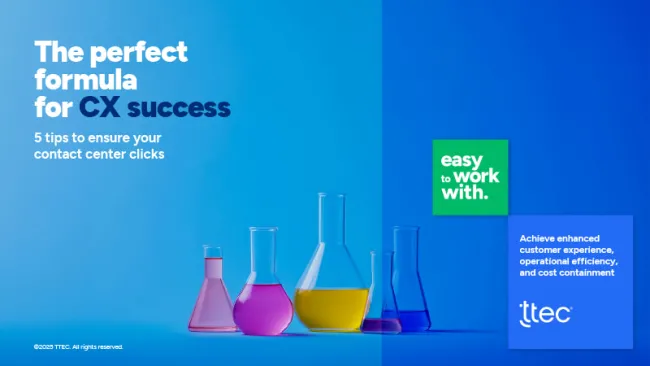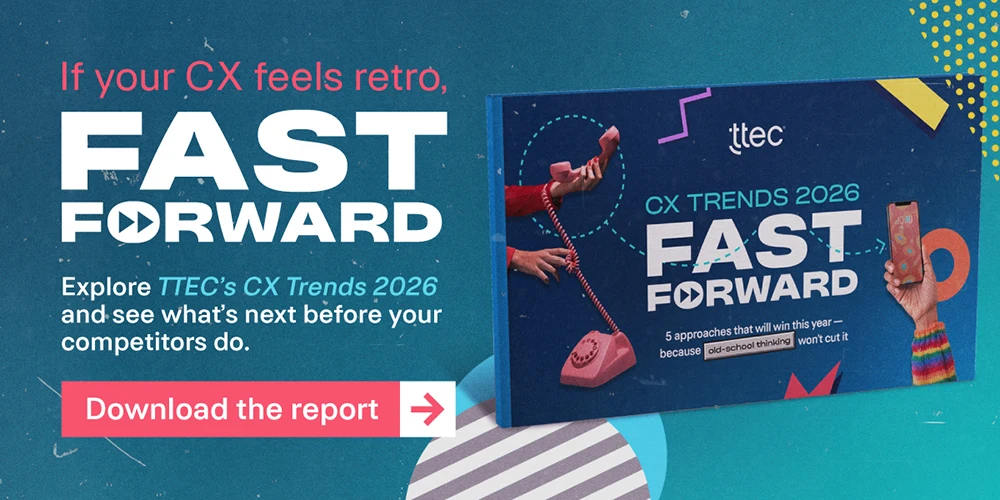The word “transparent” has quickly become a part of business vocabulary. Evidence suggests that the market gives a higher value to firms that are up front with investors, and customers’ loyalty grows from the perceived value they get from transparency.
In “The New American Makers,” from The Technology of Us by TeleTech, author Randy Komisar, a partner at venture capital firm Kleiner Perkins Caufield & Byers, discusses how transparency is integral to lasting relationships and customers today. “Extreme honestly is the new policy of successful business in the 21st century today,” he said.
So what does extreme honesty mean and what does it get you? Here are some thoughts I have on what it takes to be “extremely honest” with customers.
1. Nurture an active dialogue with customers.
The public wants to know about your products and services, but more importantly, they want to get to know the personality and principles behind the company. What better way to do this than through an active dialogue. Many companies have relied on surveys to engage in “dialogue,” but because of their one-sided nature, organizations have come to realize the benefits of actual two-way conversation.
Companies now train their contact center associates to start conversations and then capture and share the key nuggets of information they receive with managers. Others rely on the ongoing dialogue perpetuated through the myriad social channels today.
Flight Centre Travel Group has moved its front-line workforce beyond simple engagement tactics. Thousands of employees have become social ambassadors; emphasizing the importance of two-way conversations drives the organization’s goal to interact with every social brand mention and cultivate advocacy. Such behaviors boost satisfaction, ultimately leading to revenue gains. Consumers who received assistance and engagement on social media, for instance, were nearly three times more likely to convert, with these same individuals bringing in 10 times more revenue.
2. Give customers a ‘behind-the-scenes’ window.
This may sound obvious, but transparency means putting the pertinent details out there. This means giving them a glimpse into employees’ personal lives, informing them of internal events, and offering updates about upcoming product launches and reasons for potential delays. Companies neglecting to share critical information that impacts customers could in turn impact their credibility.
When Facebook revised its user terms of service, for example, the company did a poor job of communicating the changes to users. As a result, Facebook went on the defensive when users instinctively mistrusted certain changes that affected their user rights.
3. Ask for customers’ input.
A great way to ask customers’ opinions on products and services is to form a group of brand advocates—a feedback task force—to offer opinions on a regular basis. The Michigan International Speedway (MIS), for example, believes guest feedback is essential for improvement. The organization has appointed a 24-member fan advisory board, comprise of fans who demonstrate a desire to better the overall facility. Members participate in monthly conference calls with MIS management and attend board meetings where they review the organization's available capital and offer suggestions on where to spend the money to improve the guest experience and to attract new guests. They even review marketing communications to determine if the messaging will resonate with fans. These efforts have led to restroom upgrades, an overhaul of the tram system, improved signage, and the addition of more comfortable seating.
4. Be authentic.
Customers want authenticity from the brands with which they do business. Therefore, authenticity—being true to what you profess to value—is critical and must pervade everything you do, from creating products to strengthening relationships with associates, customers, and suppliers, to operating the company.
A consistent commitment to values is critical. If you drift away from your values, your customers will drift away from you. TTEC has established a set of six values, which we call the ‘foundation of our future.’ The values are clearly visible on our website and we reiterate them in company meetings and recognize employees who live the values at monthly team meetings.
5. Don’t forget employees.
Transparency isn’t just a public-facing practice. Allowing employees to see where the business outperforms, as well as the areas in which it’s weak, binds each employee more closely to the company’s strategic goals. Openness and trust create an environment that spurs innovation and experimentation and reveals early failures.
For openness to work effectively, companies must first put the mechanisms in place for communicating vital issues to employees and establish processes for employees to offer feedback in return. Leaders need to talk to employees clearly and often. That means establishing a system to ensure that the transparency value gets translated into action.
To read “The New American Makers,” go to The Technology of Us by TTEC.
Also, check out the most recent issue of our eNewsletter.
Extreme Honesty: Five Keys to Growing Your Business















